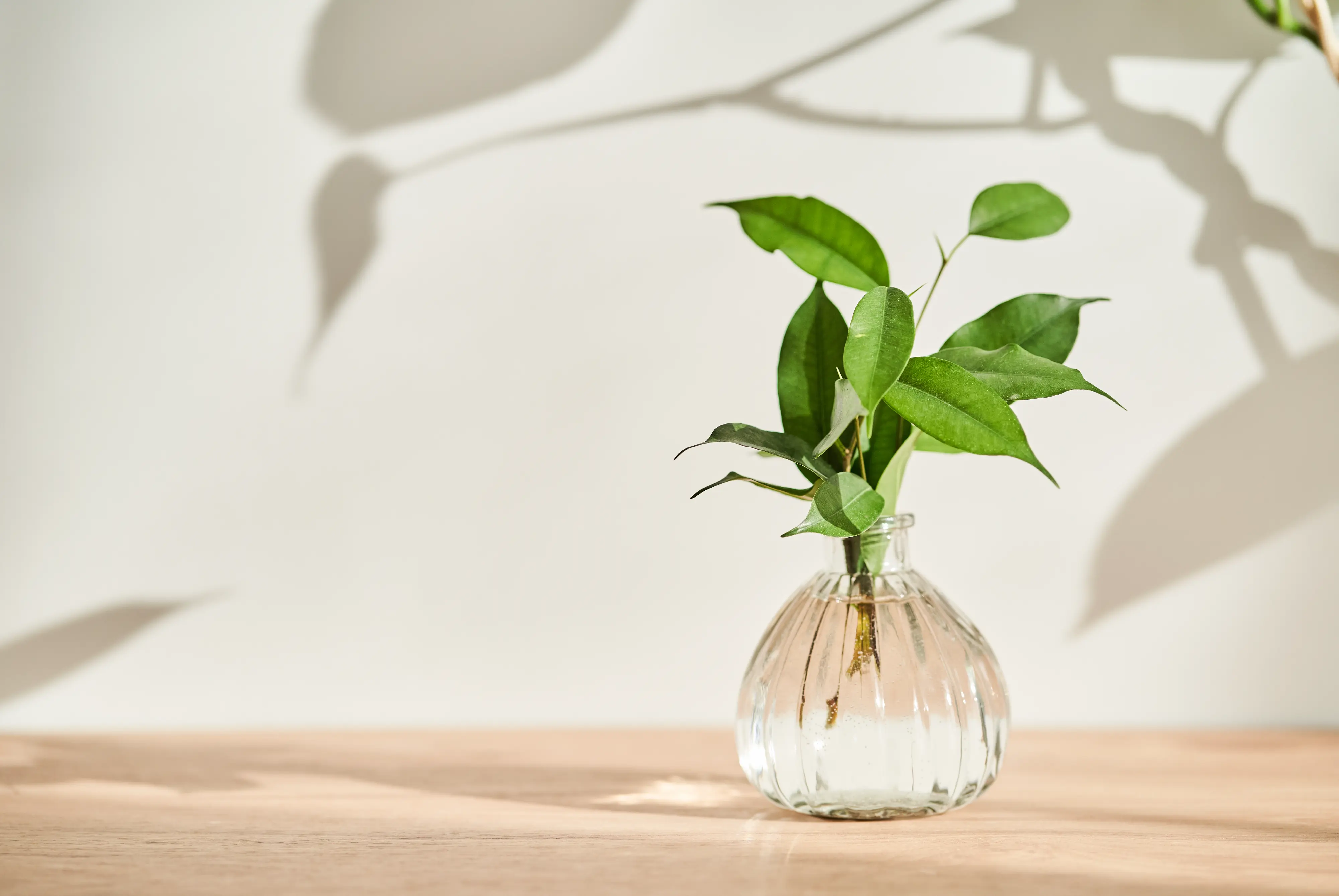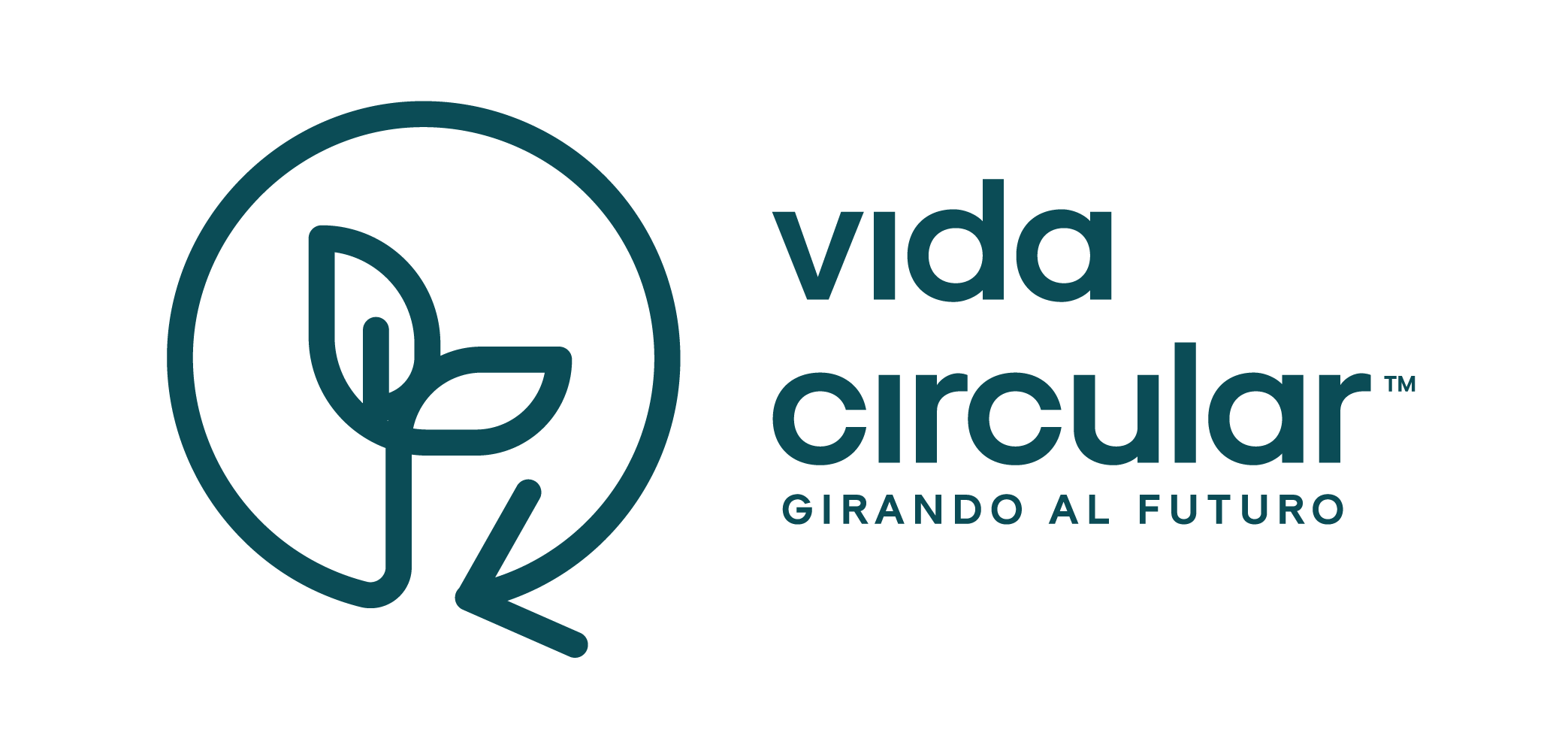
How minimalism contributes to more sustainable living
Have you ever noticed how we accumulate things we don't even touch? Those clothes that stay in the back of the closet, the gadgets we buy without thinking or the decorations that end up stored in a box. Not only do they take up space in your home, they also take their toll on the planet.
Minimalism is like giving your life a break. It doesn't mean living with a chair and a plate, but surrounding yourself with only what you actually use and makes you happy. Best of all, while you're simplifying your space, you're also helping the environment.
What is minimalism?
Minimalism is a lifestyle that is about simplifying everything, from the things you have to the way you organize your days. The idea is not to live with the bare minimum, but with what you really need and what makes you happy. It's like staying only with what gives meaning to your life and letting go of the rest, whether they are objects, commitments or relationships that contribute nothing.
When it comes to the environment, minimalism also has a positive impact. By consuming less, you use fewer resources, generate less waste and choose products that last longer. It is a change that invites us to live more consciously and responsibly, leaving behind the excessive consumerism that affects the planet so much.
Why is minimalism sustainable and how does it relate to the circular economy?
Minimalism and sustainability go hand in hand, because consuming less not only helps your life, but also benefits the planet. Every time you decide not to buy something unnecessary, you are reducing the demand for production, and with it, lower emissions, water use and waste generation. Every piece of clothing, piece of furniture or appliance you have behind you has an environmental impact, and simplifying what you consume reduces that impact.
But minimalism is not only about consuming less, it also teaches you to value what you already have. Maybe you repair a piece of furniture instead of buying a new one, exchange clothes with friends or find new ways to use what is already at home. This habit extends the life of objects, generates less waste and aligns perfectly with the circular economy.
The circular economy shares the same goal of making the most of resources and reducing waste. While minimalism invites you to consume less and reuse, the circular economy goes one step further, seeking to close the life cycle of products: promoting reuse, repair and recycling.
For example, today, many digital platforms have emerged that facilitate the exchange of objects, collaborative repair or the buying and selling of second-hand goods. These tools make it easier to adopt a conscious lifestyle, where products have a longer useful life and the need to produce new goods is reduced.
Minimalist living not only simplifies your space and your mind, it also supports more sustainable practices. By combining this mindset with the principles of the circular economy, you help build a future where we make better use of resources and generate less waste.

Minimalism in daily life
Minimalism is about finding balance, making space both in your home and in your mind. It is learning to enjoy more with less, to let go of the unnecessary and stay with what really fulfills you. How to start? Here are some easy ideas to apply it in your daily life:
Did you know that the less stuff you have, the easier it is to enjoy your space? Think about those corners of the house filled with items you didn't even remember were there. Maybe it's time to do an honest cleaning. It's not about emptying the house, it's about keeping what you really use and what makes you feel good.
Start simple, go through a shelf, a box or a drawer, and evaluate each item. If it hasn't been used for months or no longer has meaning in your life, it's time to let it go. You can donate it, sell it or recycle it, but the important thing is that it doesn't come back to occupy a space that could be more uncluttered. You'll be surprised how good it feels to surround yourself with only what really matters.
Have you ever bought something and then realized you didn't even need it? It's happened to all of us. But making more conscious purchases not only helps your pocket, but also the planet.
Before you buy, ask yourself: Do I really need it, is it going to last or is it something that will break or be forgotten soon? Many times we buy on impulse, but thinking twice before pulling out your wallet can make a big difference.
Also, look at how what you're buying was made. Opt for things that are made to last, from sustainable materials or brands that support responsible practices. Sometimes investing a little extra in something quality is worth a lot more than buying something cheap that you'll have to replace soon. And if you can, choose local or secondhand products. This way you support your community and reduce your environmental impact.
Changing some everyday habits can help you generate less waste and live more consciously. For example, carrying reusable food storage containers or using cloth napkins instead of disposable ones are easy ways to reduce waste.
You can also take advantage of local markets to buy fresh produce without unnecessary packaging. This way, in addition to reducing waste, you support local producers. Another good habit is to plan your food purchases to prevent them from ending up in the garbage because they were not consumed on time.
The digital world can also accumulate "junk" that we don't see, such as files you no longer use, duplicate photos or forgotten apps on your phone. Spending a little time organizing your devices can do wonders for your productivity and mental clarity.
Start by deleting documents or photos you no longer need and uninstalling apps that haven't been used for months. In addition to freeing up space on your phone or computer, you also help reduce the energy consumption involved in cloud storage. Another good idea is to deactivate unnecessary notifications and organize your folders or virtual desktop so that everything is easier to find.
Organizing your meals can be a simple but powerful change. When you plan what you're going to cook and buy only what you need, you not only prevent food from ending up in the trash, you also save money and time.
Start making a list before going to the market or supermarket, based on the dishes you really want to prepare for the week. This helps you focus on what you need and avoid impulse purchases. Also, if you cook in appropriate portions, you make better use of ingredients and reduce leftovers.

The environmental impact of excess
Today we buy and throw away more than the planet can handle. Everything we take home, from clothes to food, leaves a footprint: resources are used to make it, transport it and, in the end, throw it away. According to the World Bank, we generate more than 2.24 billion tons of garbage a year, much of which we could avoid with small changes in our habits.
A good example is food. Throwing food away not only wastes the food itself, but also all the water, energy and labor that went into producing it. This is where minimalism helps us: by buying only what we need and using what we already have, we reduce both consumption and waste. By living with less, we help the planet while simplifying our lives.
Benefits of minimalism for your well-being
Minimalism not only benefits the planet; it also transforms the way we live and feel on a daily basis. By simplifying our lives and focusing on the essentials, we gain more than just a tidy space: we gain well-being. Here's how:
1. Less stress
When our environment is cluttered, so is our mind. An uncluttered space, without unnecessary objects, gives us calm and clarity. It is easier to relax and concentrate when you are not surrounded by visual chaos. For example, when you come home after a long day, a clean and organized place may be just what you need to feel at peace.
2. Saving money
Adopting minimalism also means thinking twice before buying. By avoiding impulse purchases, we end up spending less and allocating that money to what really matters: experiences, personal goals or even savings. It's like stopping filling our life with stuff and starting to fill it with value.
More time
Less stuff not only frees up space, it also frees up your time. You don't have to spend hours cleaning, organizing or searching for things that get lost in the clutter. That extra time can be used for activities that make you happy: reading, going out, spending time with those you love.
When we start living more simply, we inspire others to do so as well. Not only does this change improve our lives, but collectively, it reduces pressure on natural resources and reduces the waste we generate. Every small step we take toward minimalism can become a movement that makes a big difference.
 Then
Then
 Formerly
Formerly
Conclusion on the true power of minimalism
Minimalism is much more than a lifestyle; it is a way of rethinking what we truly value and recognizing how our choices impact our environment and those around us. When we adopt this approach, we not only simplify our lives, we also send a clear message to the world: it is possible to live better with less.
The most interesting thing about this change is its contagious effect. By living more consciously, we inspire others to reflect on their own habits. We don't need to tell anyone what to do; our actions speak for themselves. That connection with those who share the same values creates a network of small changes that, together, have a huge impact.
In the end, this way of living not only makes us lighter, but also more conscious, more connected and, ultimately, happier. Every little change counts, and together we can generate a movement that transforms not only our lives, but the world we want to live in. Minimalism is more than simplifying your life; it is a step towards a more conscious and connected future. Every action we take, no matter how small it may seem, inspires those around us and contributes to a greater impact. Living with intention makes us lighter, more focused and happier.
Would you like to give it a try? Every little change counts to build a better world.




